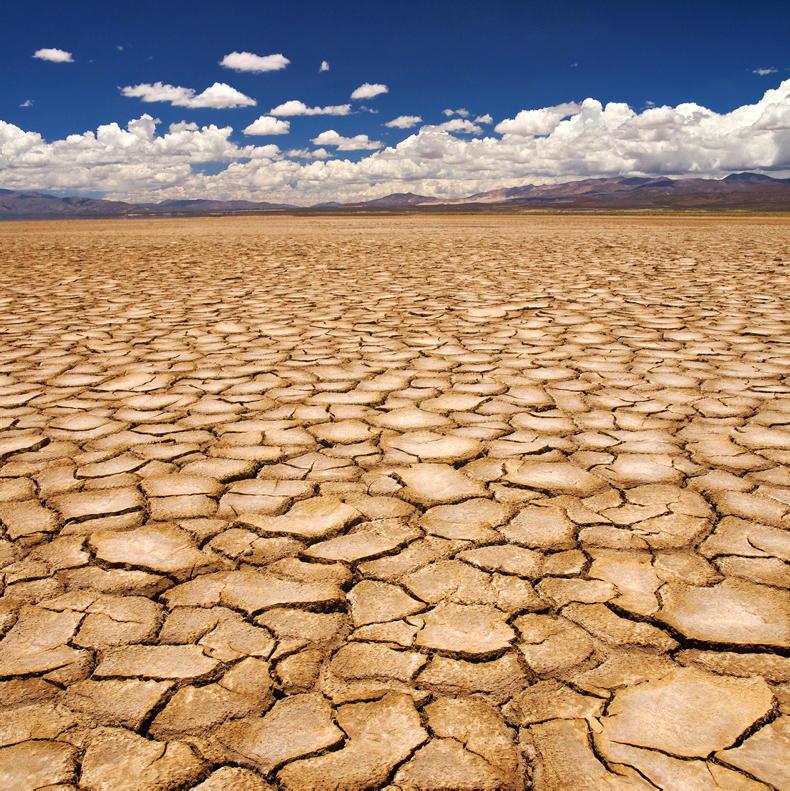Mitigation measures taken to date are not enough to tackle climate change, the Intergovernmental Panel on Climate Change (IPCC) has said.
Its latest report warns that more than 100 years of burning fossil fuels, as well as unequal and unsustainable energy and land use, has led to global warming of 1.1°C above pre-industrial levels.
This, the report’s authors warn, has resulted in more frequent and more intense extreme weather events that have caused increasingly dangerous impacts on nature and people in every region of the world.
“Every increment of warming results in rapidly escalating hazards. More intense heatwaves, heavier rainfall and other weather extremes further increase risks for human health and ecosystems.
“In every region, people are dying from extreme heat. Climate-driven food and water insecurity is expected to increase with increased warming,” it says.

Difficult
It adds that when the risks combine with other adverse events, such as pandemics or conflicts, they become even more difficult to manage.
However, there are “multiple, feasible and effective options” currently available to reduce greenhouse gas emissions and adapt to human-caused climate change, the IPCC has said.
“Mainstreaming effective and equitable climate action will not only reduce losses and damages for nature and people, it will also provide wider benefits,” said IPCC chair Hoesung Lee.
“This Synthesis Report underscores the urgency of taking more ambitious action and shows that, if we act now, we can still secure a liveable sustainable future for all.”
Climate justice
The report highlights the losses and damage climate change is already causing, and will continue to cause, hitting the most vulnerable people and ecosystems especially hard.
“Climate justice is crucial because those who have contributed least to climate change are being disproportionately affected,” said Aditi Mukherji, one of the 93 authors of the Synthesis Report, the closing chapter of the panel’s sixth assessment.
“Almost half of the world’s population lives in regions that are highly vulnerable to climate change. In the last decade, deaths from floods, droughts and storms were 15 times higher in highly vulnerable regions,“ she added.
The target of keeping global warming to 1.5°C requires “deep, rapid and sustained greenhouse gas emissions reductions” in all sectors, the IPCC said.
“Emissions should be decreasing by now and will need to be cut by almost half by 2030, if warming is to be limited to 1.5°C,” it added.






 This is a subscriber-only article
This is a subscriber-only article










SHARING OPTIONS: